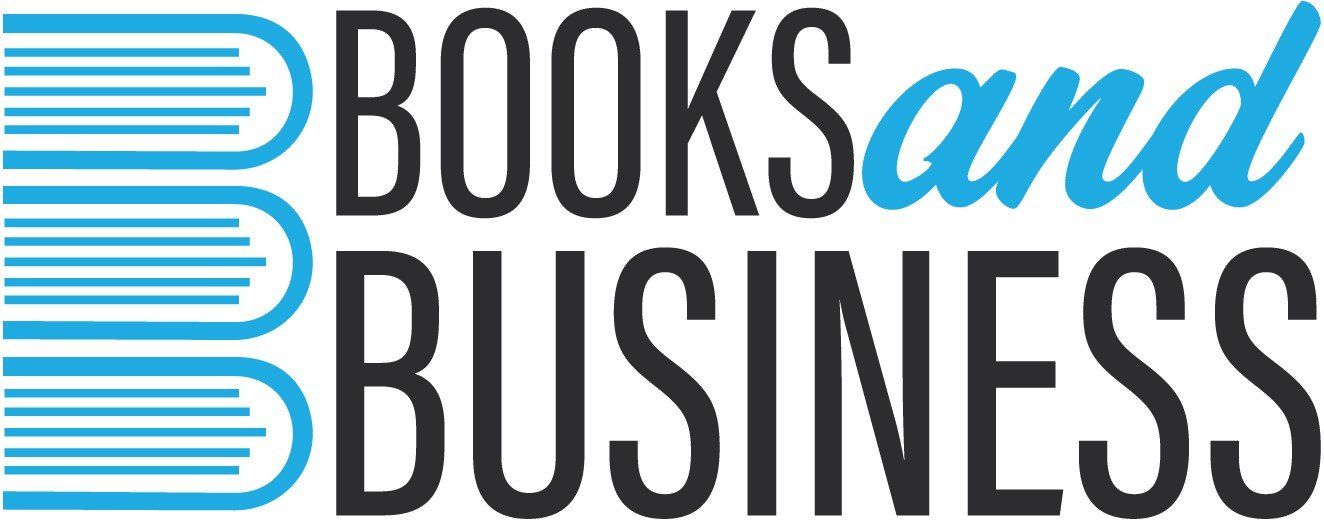What's in store for the new tax year?
29 April 2024
The new tax year started over 3 weeks ago with several important changes coming into effect. Here's a reminder of what has changed:
- Dividend Allowance Reduction: The dividend allowance has been cut from £1,000 to £500.
- Halved Capital Gains Tax Exemption: The annual exempt allowance for capital gains tax (CGT) has been halved from £6,000 to £3,000. Just two years ago, it was at £12,300, marking a significant decrease.
- New CGT Rate for Property Sales: A reduced CGT rate of 24% will now apply to residential property sales, down from the usual 28% for higher-rate taxpayers. The standard 18% rate remains unchanged.
- Lower Employee National Insurance Contributions (NICs): Employee NICs have been reduced by 2% to 8%, marking the second reduction since January. This will save the average worker earning £35,400 over £900 annually.
- Frozen Tax Thresholds: Basic rate and higher rate tax thresholds remain frozen until 2028 at £12,570 and £50,271 respectively. This freeze is expected to push over a million taxpayers into the higher rate tax band, with no changes to the additional 45% threshold at £125,140.
- Lower Self-employed Class 4 NICs: The main rate of Class 4 NIC has been reduced to 6% from 9%, along with the discontinuation of the need to pay Class 2 NICs.
- Increased High Income Child Benefit Charge (HICBC): The threshold has been raised to £60,000 from £50,000, with a tapered charge for incomes between £60,000 and £80,000. Child benefit rates have also increased so the eldest child now receives £25.60 a week, all other children receive £16.95 each a week.
- State Pension and Working Tax Credit Adjustments: The state pension increased to £221.20 a week, and the basic element of working tax credit rose from £2,280 to £2,435.
- Changes to Private Pensions: New lump sum and death benefit allowances have been introduced, with the removal of the lifetime allowance.
- Rise in ATED Charges: The annual tax on enveloped dwellings (ATED) has seen a 6.7% increase from April 1, 2024, in line with the September 2023 CPI




